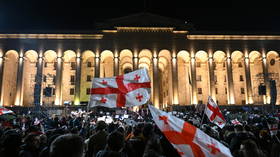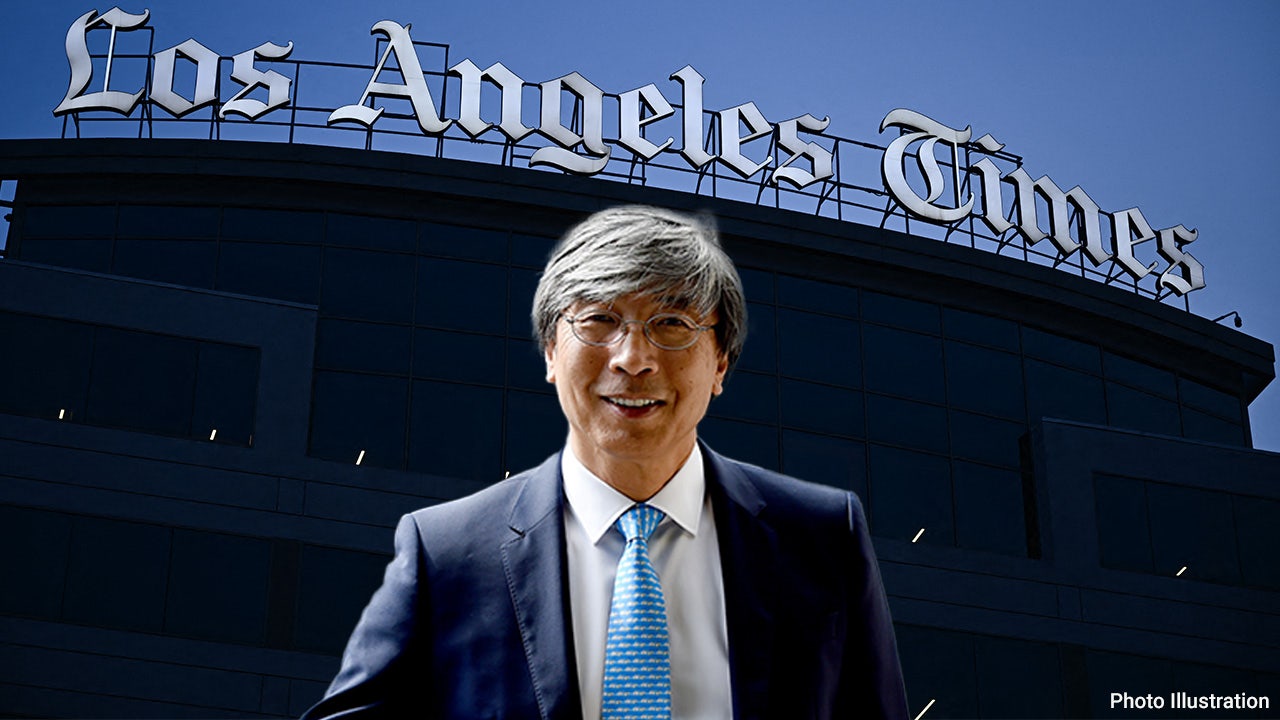The country’s parliament has voted against the draft law that sparked protests and was condemned by the West
Georgia’s parliament has formally rejected the draft law that would have required individuals and organizations with foreign funding to register as “agents of foreign influence.”
The vote on Friday came hours after the ruling parties said they would withdraw the bill that caused protests and unrest in the country’s capital Tbilisi this week.
The proposed law was condemned by the EU and NATO. The White House argued that, if adopted, the law would have undermined freedom of speech and hurt Georgia’s ties with the West.
The law had passed its first reading in the parliament on Tuesday. Though it was withdrawn, MPs had to vote the bill down during the second reading for it to be officially defeated. Out of 112 MPs present during the session on Friday, 35 voted against the bill, while one backed it and the others abstained.
Opponents of the proposed law held large protests on Tuesday and Wednesday, rallying outside the parliament building in the country’s capital.
Some used Molotov cocktails and fireworks against the police, while officers deployed water cannons, tear gas and flashbangs to disperse the crowd. More than 130 people were detained for disorderly conduct, according to the Interior Ministry. They have all since been released.
Critics insisted that the bill was inspired by a similar Russian law adopted in 2012. Kremlin spokesman Dmitry Peskov said on a call with journalists on Friday that Moscow “has absolutely nothing to do” with events in the neighboring state. He stated that US authorities were the “pioneers” of such legislation, apparently referring to the 1938 Foreign Agents Registration Act (FARA), which requires individuals and organizations to register as “foreign agents.”
Vyacheslav Volodin, the speaker of the State Duma, the lower house of Russia’s parliament, claimed that the US employed “soft power” to “lead people to the streets” in Tbilisi because the rejected law would have curtailed Washington’s influence.
.png)
 1 year ago
5
1 year ago
5










 English (US) ·
English (US) ·